Clinical depression can have various stages and the frequency as well as the intensity of depression can differ from person to person. Its severity ranges from moderate to severe. In the initial stages, the symptoms of depression can go unnoticed mainly due to less severity of symptoms. A low mood can be mistaken for being simply sad due to situational consequences. Furthermore, the individual often don’t consider the symptoms of depression seriously but it is advisable to take professional help even if mild symptoms are experienced.
What is clinical depression or major depression?
Clinical depression is also known as Major Depressive Disorder and it is a mood disorder wherein a person experiences low mood constantly for a number of days or even in phases. It is also when a person starts to lose interest in earlier pleasurable activities and prefers social isolation.
Moreover, feelings of worthlessness and helplessness are quite common along with guilt when one goes through this phase. In terms of severe clinical depression, a person can also begin to have suicidal ideations feeling that life is just not worth living. This ideation can be witnessed in individuals engaging in self-harm activities.
Signs and symptoms of clinical depression:
If one decides to go for medication or therapy, specific symptoms are to be noted in order identify depression. Always mention every little behavior change, symptoms, and feelings to get the right treatment.
It is mandatory to have below given symptoms for at least two weeks before you go for clinical depression treatment.
Concentration problems: You will be facing concentration problems for more than two weeks. It will become hard for you to focus on your workplace or any other activity. You will lose interest and pleasure while doing your favorite thing.
Insomnia: early awakening, restless sleep, or excess sleeping are some of the significant signs of clinical depression. Insomnia is common in most of the cases, due to hyper thinking the patient does not get a sound sleep for months.
Feelings of guilt: You will blame yourself for every little situation. If something terrible happens with your closed ones, then you will continuously criticize your own self. Also, you might get irritated because of this feeling, which can lead to hyper depression.
Digestive problems: Because of constant overthinking and lack of sleep, you will face poor appetite. This can even cause excessive hunger problems. You either gain weight dramatically or lose weight.
Suicidal thoughts: As you will face constant irritation, discontent, and restlessness throughout the day, you will often get suicidal thoughts. It becomes hard for you to overcome this thought because you lose control over your emotions.
Agitation: You always feel troubled and nervous while doing the simplest task.
Social isolation: When in depression, you will isolate yourself from people, even if they are close to you. It will affect your self-esteem a lot.
Identify triggers for clinical depression:
There is no one specific reason identified as a casual factor for depression simply because of individual and environmental differences that exist. Every person has their own set of difficulties which cannot be ranked using a generalized scale and hence nobody experiencing symptoms of depression can be said as having a passing phase in life.
There can be common triggers however such as everyday stresses like family conflicts, financial conflicts, loss of a job, loss of a loved one or increased everyday responsibilities and changing environment.
Clinical depression can also stem for genetic factors where in if family members have had any number of episodes of depression it is much likely to be passed on to the future generations.
A much lesser known trigger to depression is hormonal factors. Clinical depression is a mood disorder which consists of a lot of hormonal imbalances and hence any ups or downs in hormones can lead to depressive symptoms. These changes can be puberty, child-birth, changes in menstruation cycle, menopause and so on for women and simple hormonal changes for men.
Some other triggers can be:
- Continuous alcohol intake or addiction to drugs
- Critical health conditions like high blood pressure, thyroid or cancer
- Steroids medication etc.
Healing from depression:
In terms of treatment the two major doors to coming out of clinical depression are psychotherapy and medication. When it comes to medication it is recommended to seek psychiatric intervention and then decide on the course of treatment however, such consultations are to be sought only if the depression is severe. These medicines are called selective serotonin reuptake inhibiters (SSRIs) which help controlling the hormonal imbalance caused in depression. Medication however is not advisable during pregnany.
On the other hand one highly recommended stream of treatment for any severity of clinical depression is psychotherapy. Consulting a psychologist helps an individual look at his or her symptoms from a non biased perspective. Various approaches of therapy such a REBT, Solution-focused therapy, CBT, art therapy, movement therapy and so on are used while undergoing therapy treatment for an individual based on what best fits to the person’s requirements.
Lastly, the best fit for pulling yourself out of clinical depression is using a combination of psychotherapy and recommended medication for best results if the depression is moderate or severe and includes suicidal ideation.
Self-care:
Apart from medication and psychotherapy, self-care is a must when it comes to clinical depression. Hence, try to do the following regularly to ease your depression:
- Start eating nutritious food
- Avoid junks at any cost
- Avoid alcohol and drug consumption
- Do meditation
- Follow routine exercising
- Get proper sleep
Is depression preventable?
As there are no specific causes for depression preventing it can be possible simply by seeking social support in times of emotional crises, reaching out and communicating feelings with loved ones, maintaining a healthy thought process and identifying negative thought patterns. Ultimately, seeking professional help in the initial stages can also prevent depression from getting severe.

